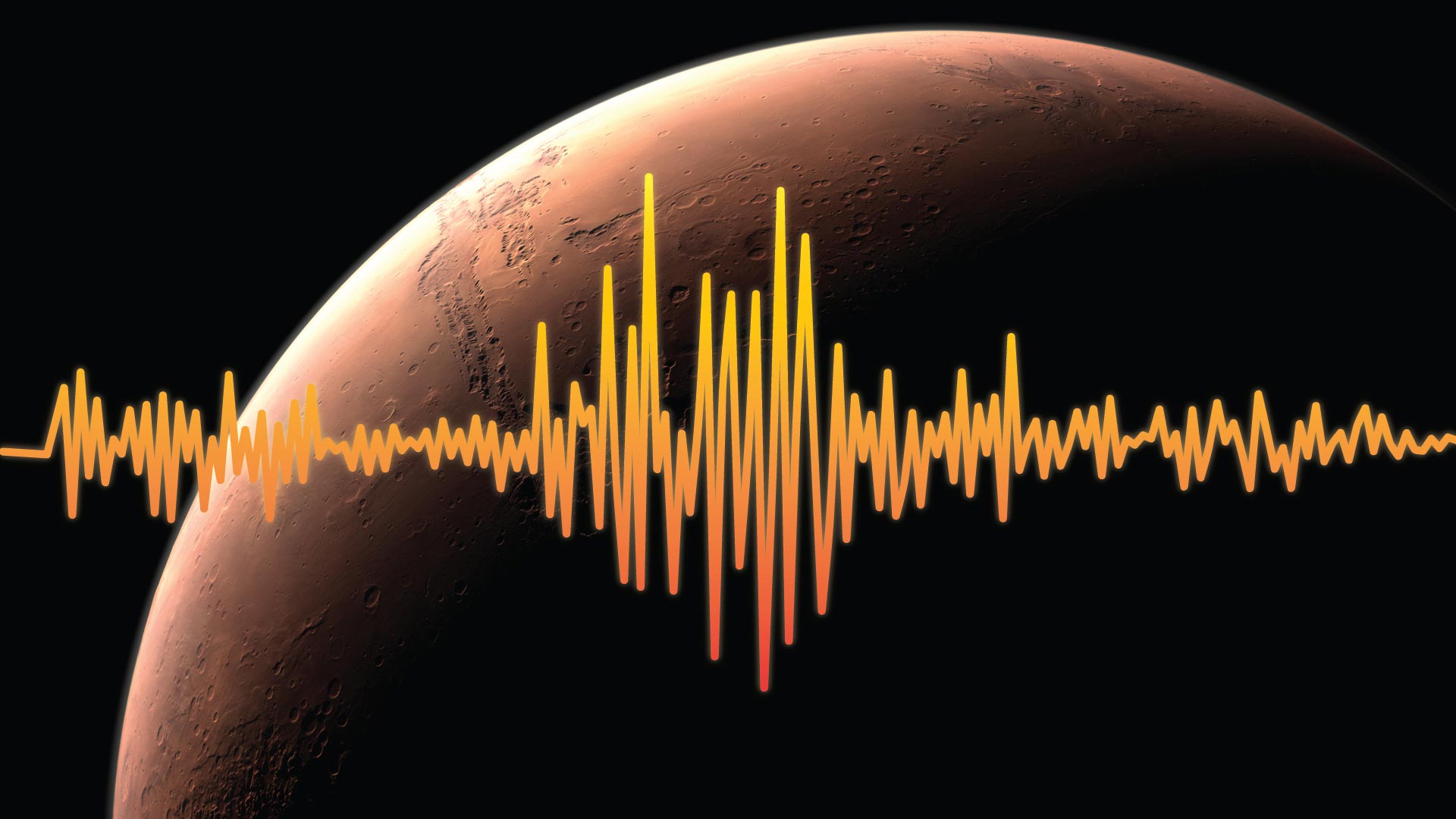Researchers Hear Terrible Sounds on Mars
Gratisun.site - New research has revealed an earthquake beneath the surface of Mars that has never previously been detected. According to scientists this activity could be caused by volcanoes.
"Knowing that the Martian mantle is still active is critical to our understanding of how Mars evolved as a planet," said geophysicist Hrvoje Tkalci of the Australian National University.
"This research can help us answer fundamental questions about the Solar System and the state of mars' core, mantle, and the evolution of its magnetic field that is currently unknown, reported from the Science Alert website, Wednesday, April 6, 2022.
There is very little magnetic field there. A planet's magnetic field is usually generated within the planet. The lack of a Martian magnetic field indicates little activity.
But when NASA's InSight lander arrived in November 2018 and began listening to Mars' heartbeat, researchers noticed that Mars was rumbling.
To date, NASA's InSight has detected hundreds of earthquakes on Mars. Tkalci and his colleague, geophysicist Weijia Sun of the Chinese Academy of Sciences, wanted to look for earthquakes that might go unnoticed in the InSight data.
They used two unconventional techniques, recently applied to geophysics to hunt down seismic events in InSight data.
Based on nine known Martian earthquake patterns, the two detected 47 new seismic events originating in a region of Mars called Cerberus Fossae, or a system of cracks created by faults that have separated earth's crust.
Tkalci and Sun are looking into the cause of the quake. Their analysis found no pattern at the time of the quake, ruling out causes such as the influence of Mars' moon Phobos.
They also assumed that the movement of molten rock in the Martian mantle was triggered by 47 Martian earthquakes detected beneath the Cerberus Fossae region.
"We found that Marsquake repeatedly occurs throughout the day on Mars. Marsquakes detected and reported by NASA in the past appear to only occur at midnight when the planet is calmer."

Join the conversation